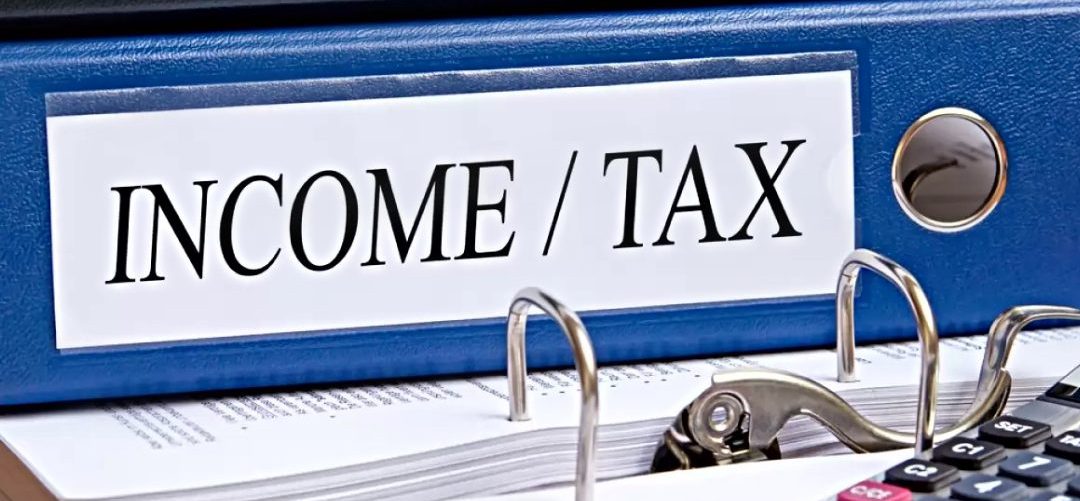Diwali is a large event in which people share presents with family, relatives, and friends. However, the monetary worth of these donations may occasionally exceed the threshold limit. If unreported in your income tax return, or if you fail to quote your PAN as required by law, it is guaranteed to attract the attention of the tax authorities and invite an income tax notice.
Every bank and financial institution in India is required by law to record certain specified transactions carried out by people to the income tax authorities.
According to Mihir Tanna, associate director of SK Patodia and Associates, a Mumbai-based CA company, the income tax department has implemented a provision for a statement of financial transaction (SFT) to track high-value transactions performed by people.
The department compares the SFT data to the data supplied by taxpayers in their ITR and, if there is a disparity, sends a warning and allows the taxpayer to explain why.
So, here are some scenarios that may result in an income tax notification.
Using a Credit Card for Large Purchases: If you elect to pay your credit card bill in cash (Rs 1 lakh or more) or by another channel, such as check or bank transfer (Rs 10 lakh or more) in a fiscal year, the card issuing bank is required to declare the same to the income tax authorities.
According to Gopal Bohra, partner at NA Shah Associates, Mumbai-based tax advice and law business, the department often notifies taxpayers if their credit card charges “are disproportionate to the returned revenue.”
Bohra goes on to say that a person may have a credit card that they use for the firm or another company where they work. As a result, if the firm costs incurred using this card exceed the stipulated limitations, they may be reported to the income tax department. It is also possible that you lend your credit card to a friend, who subsequently reimburses you for the money spent on your credit card for his or her purchasing requirements.
Cash Payments for High-Value Goods and Services: The income tax administration intends to inhibit the development and flow of black money by allowing cash payments for high-value goods and services.
As a result, if cash proceeds for the sale of products or delivery of services for certain designated people exceed a particular limit, the details of such transactions must be reported on Form 61A. The data on Form 61A will then be compared to your ITR, and if your expenditures do not match your income, you may be served with a notice.
“Form 61A is a declaration that is required to record certain financial transactions by certain individuals.” When people buy high-value items and the transaction value exceeds the specified limits, the online or offline store must report such transactions on Form 61A,” says Saurav Sood, a chartered accountant (CA) and practice leader (International tax and transfer pricing) at SW India, an advisory, assurance, tax, accounting, and outsourcing services firm.
Bank Transactions: Every bank is required to disclose cash deposits and withdrawals of Rs 50 lakh or more in a fiscal year for current accounts and Rs 10 lakh for savings accounts. According to Tanna, banks will also record term deposits of Rs 10 lakh or more in a fiscal year, unless they are the consequence of the renewal of another deposit made earlier.
Property Transactions: Unless and until an immovable property’s deed is registered under the Indian Registration Act of 1908, no buyer of such property may lawfully become the owner of such property. The maximum for such a transaction is Rs 30 lakh, and if it surpasses that amount, the Registrar will submit the buyer and seller’s information to the income tax department.
So, when you file your ITR, be sure to include the facts of such a transaction, since these data will be compared and cross-verified by the department.
Shares/Mutual Funds Transaction: If a firm receives Rs 10 lakh or more in a fiscal year for acquiring its company’s share, it must publish the identity of its owners. The restriction of Rs 10 lakh also applies to mutual funds, debentures, and bonds.
Forex Transactions: Any receipt for the sale of foreign currency or costs paid in foreign currency via banking cards, draughts, travelers’ cheques, or any other financial instrument having a value of Rs 10 lakh or more must be declared to the income tax department.

